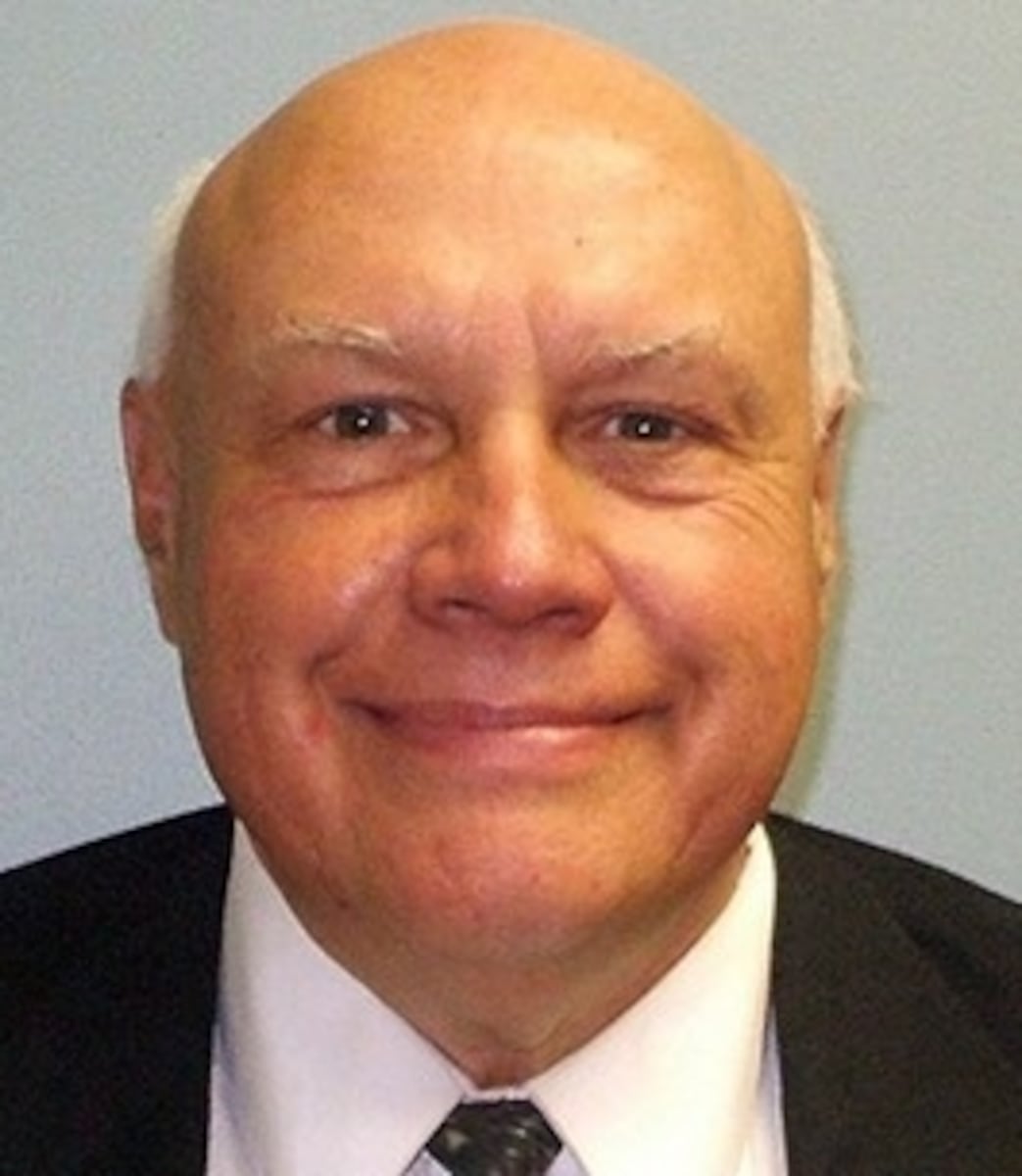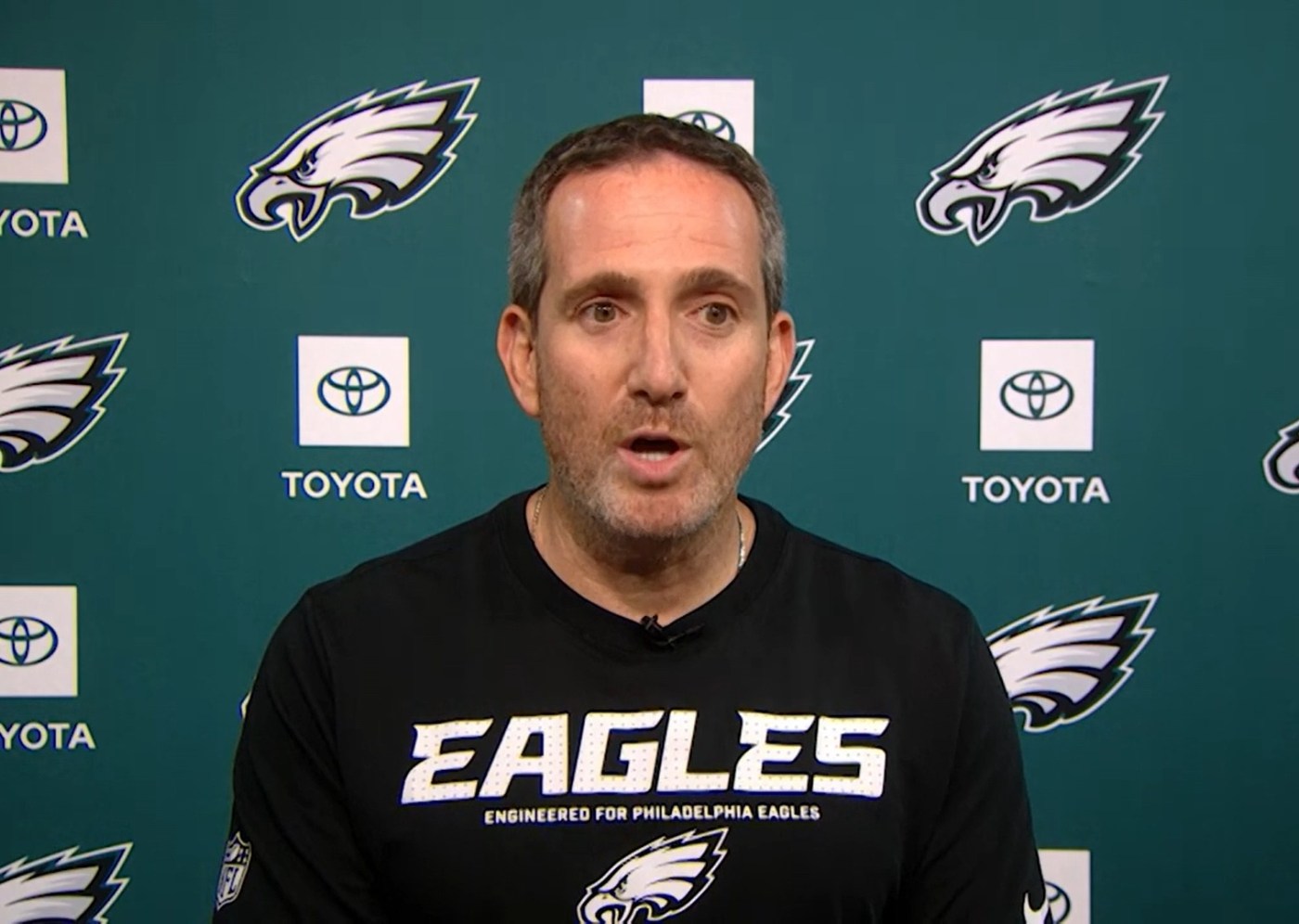
A mother is grappling with the challenge of maintaining her newborn daughter’s medical privacy while addressing the concerns of strangers in public. The baby, referred to as Izzy, was diagnosed with a rare genetic condition shortly after her birth, leading to severe symptoms and a grim prognosis. The situation has prompted her mother, known as Medical Mama, to seek advice on how to navigate intrusive questions and potential misunderstandings from the public.
Concerns Over Medical Privacy and Public Scrutiny
The family’s journey took a daunting turn when they realized Izzy’s health was compromised, despite a smooth pregnancy. Following the diagnosis, which is generally considered incurable and often fatal in childhood, Medical Mama has been proactive in sharing information with close family and friends, particularly those in her children’s school group. Yet, the public’s curiosity has raised a difficult dilemma.
After a stranger commented on Izzy’s condition and reported concerns to Child Protective Services, the family faced an unnecessary investigation. Although CPS did not pursue the matter further, the incident heightened the mother’s concerns about how to respond to inquiries from passersby without revealing too much about Izzy’s health.
Feeling overwhelmed, Medical Mama expressed her desire to protect her child’s privacy while also avoiding any implications that they were hiding something. When asked, “Is your baby OK?” she initially felt compelled to provide assurance, responding simply that Izzy was fine, which left her feeling guilty for not being truthful about the situation.
Seeking Support and Guidance
In her plea for advice, Medical Mama wondered if she should develop a concise response to manage public curiosity without compromising Izzy’s privacy. Annie Lane, an advice columnist, responded by emphasizing that the family does not owe anyone detailed explanations about their personal circumstances. Lane suggested a brief but informative response such as, “She has a rare condition, but she’s doing well. She’s getting excellent medical care and is so loved.”
This succinct reply not only acknowledges the concern but also maintains the child’s dignity and privacy. Lane stressed the importance of conserving emotional energy for Izzy and the family, rather than engaging with unsolicited opinions from strangers.
As the family navigates these challenges, they continue to focus on Izzy’s care and well-being. The situation highlights the delicate balance between public perception and personal privacy, particularly for families dealing with complex medical issues. The ongoing support from friends and family remains crucial in their journey, allowing them to find strength in community while safeguarding their child’s health information.
For families in similar situations, the experience serves as a reminder of the importance of establishing boundaries and crafting responses that protect their loved ones while managing public interaction. By prioritizing their child’s well-being, families can better navigate the complexities of medical privacy in a world that often seeks answers.







